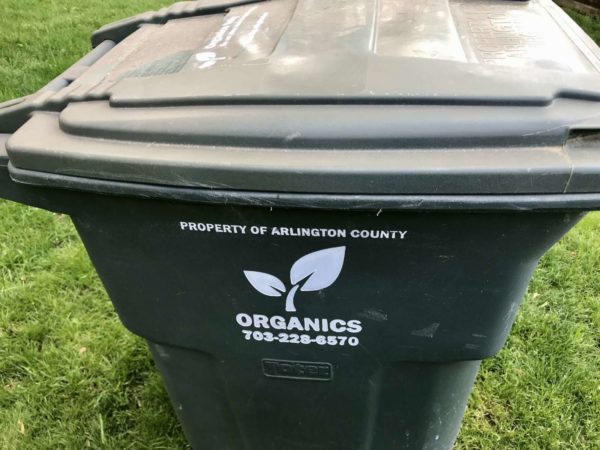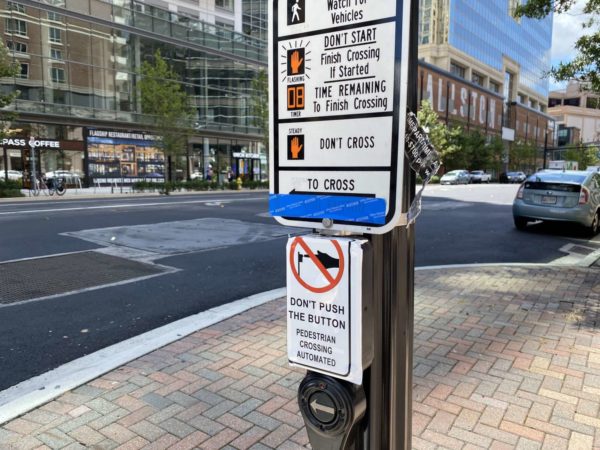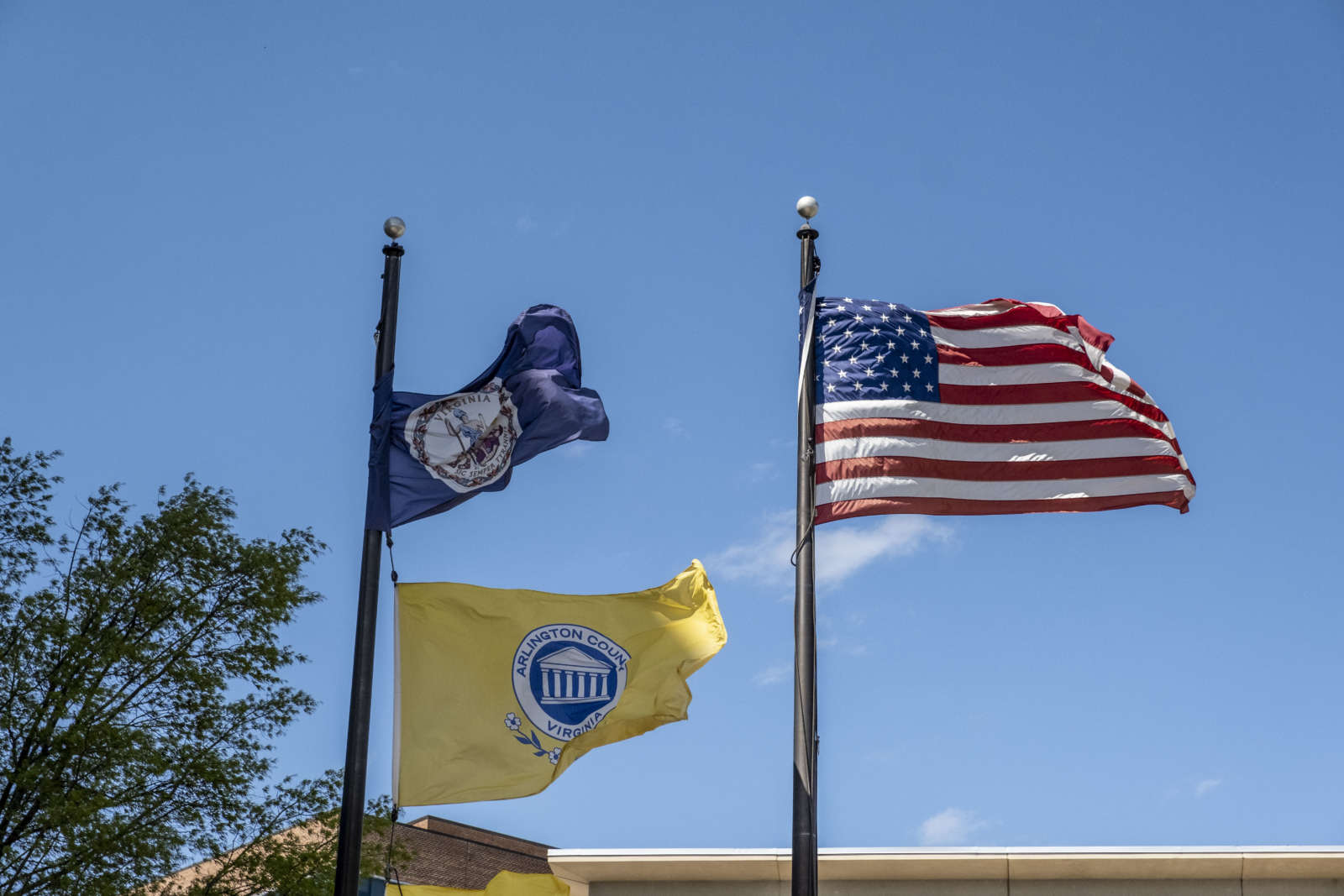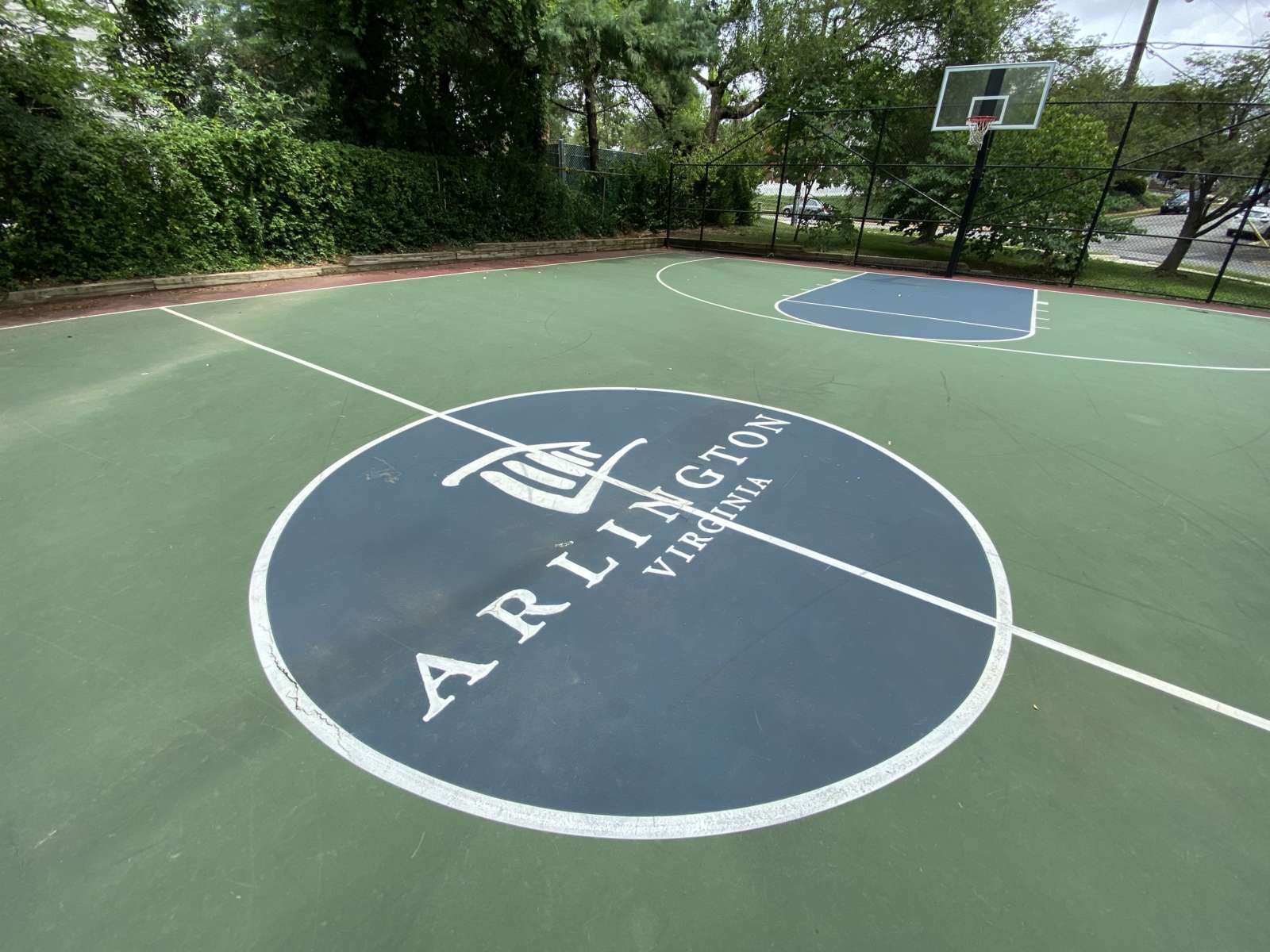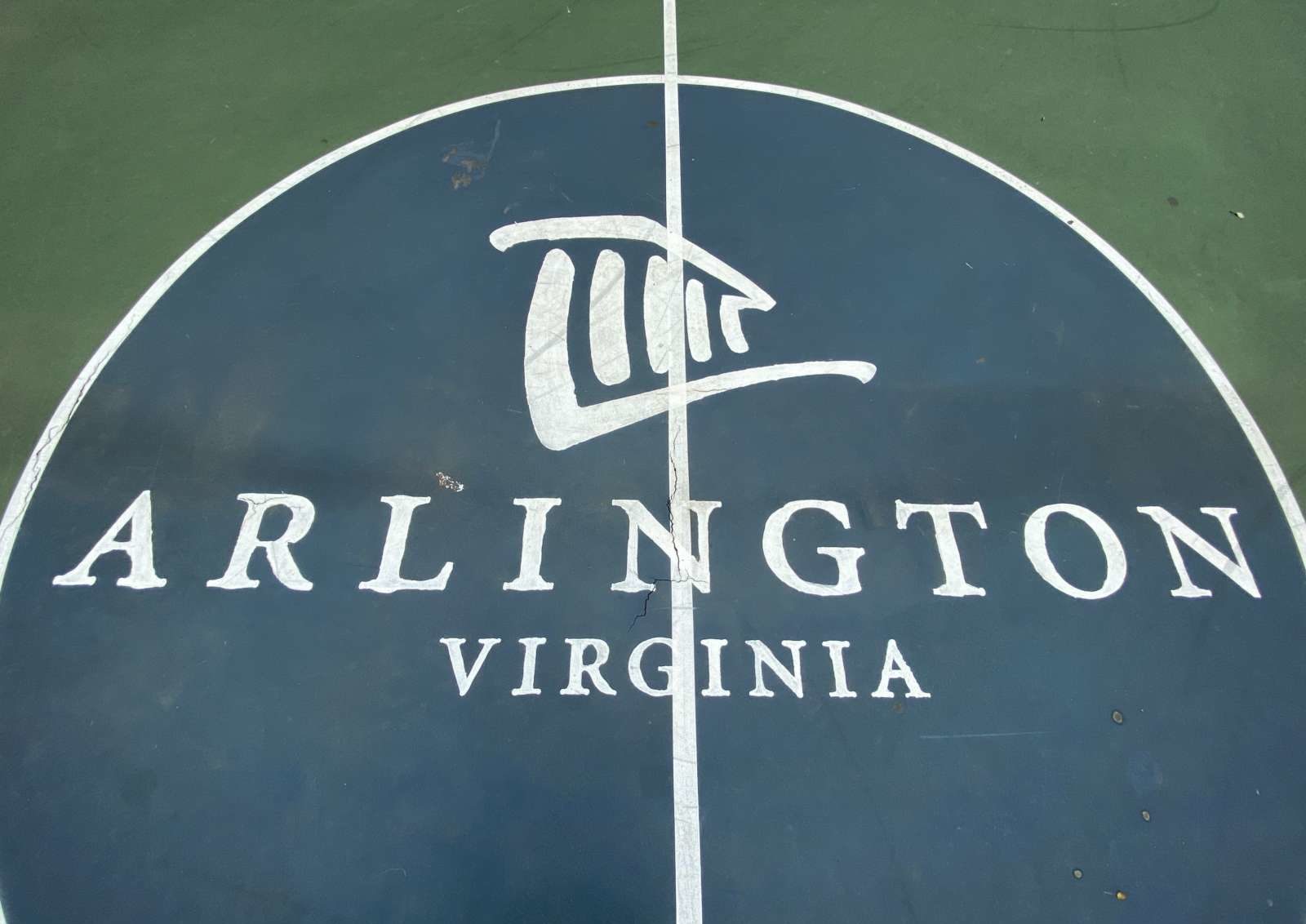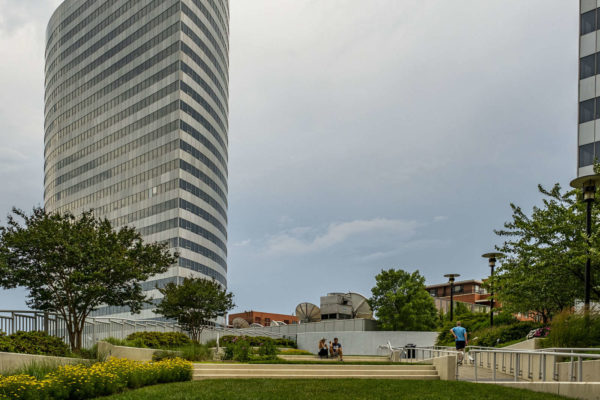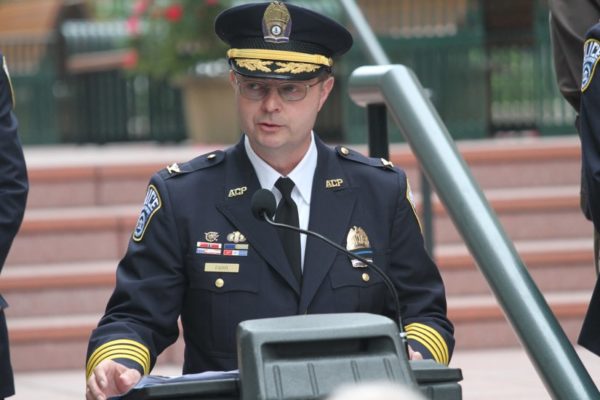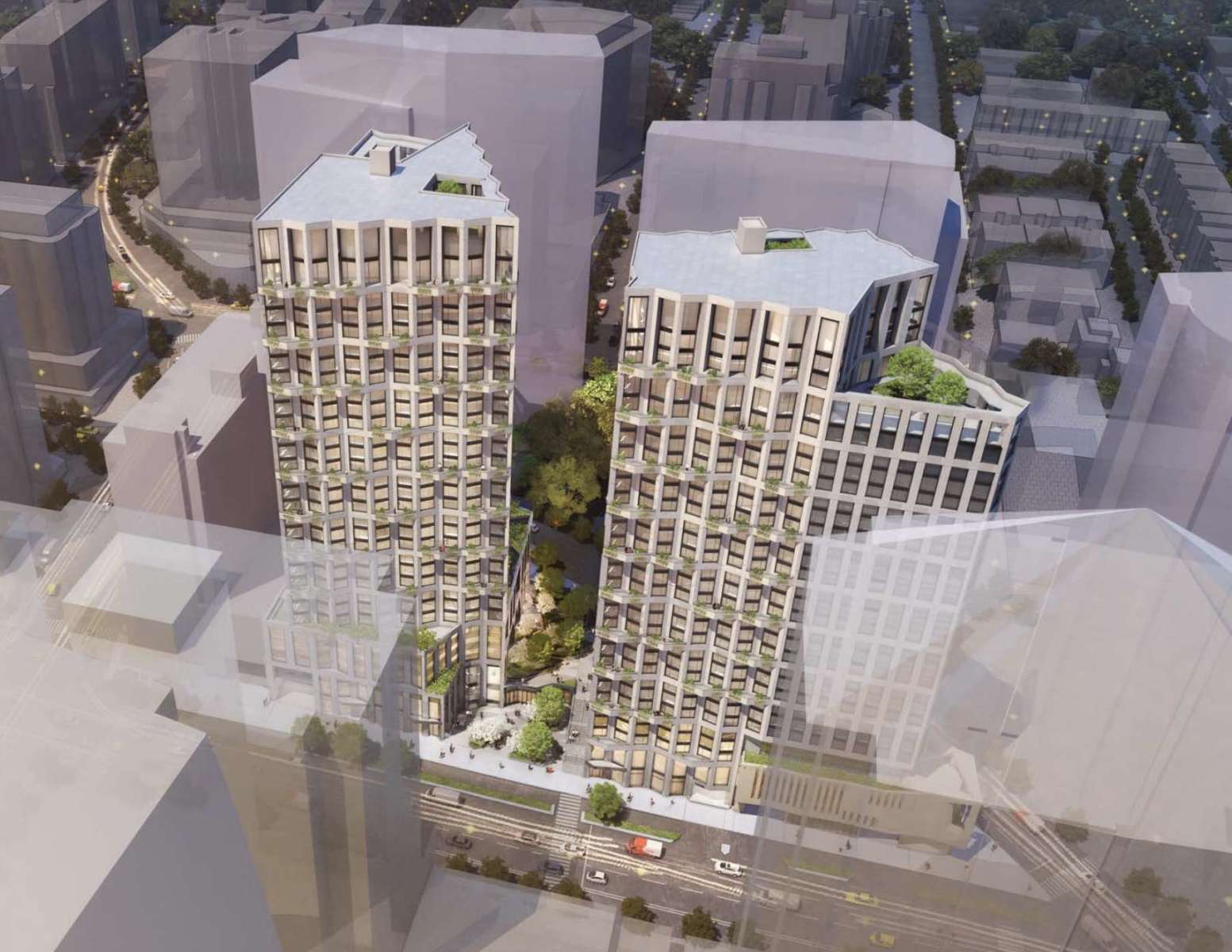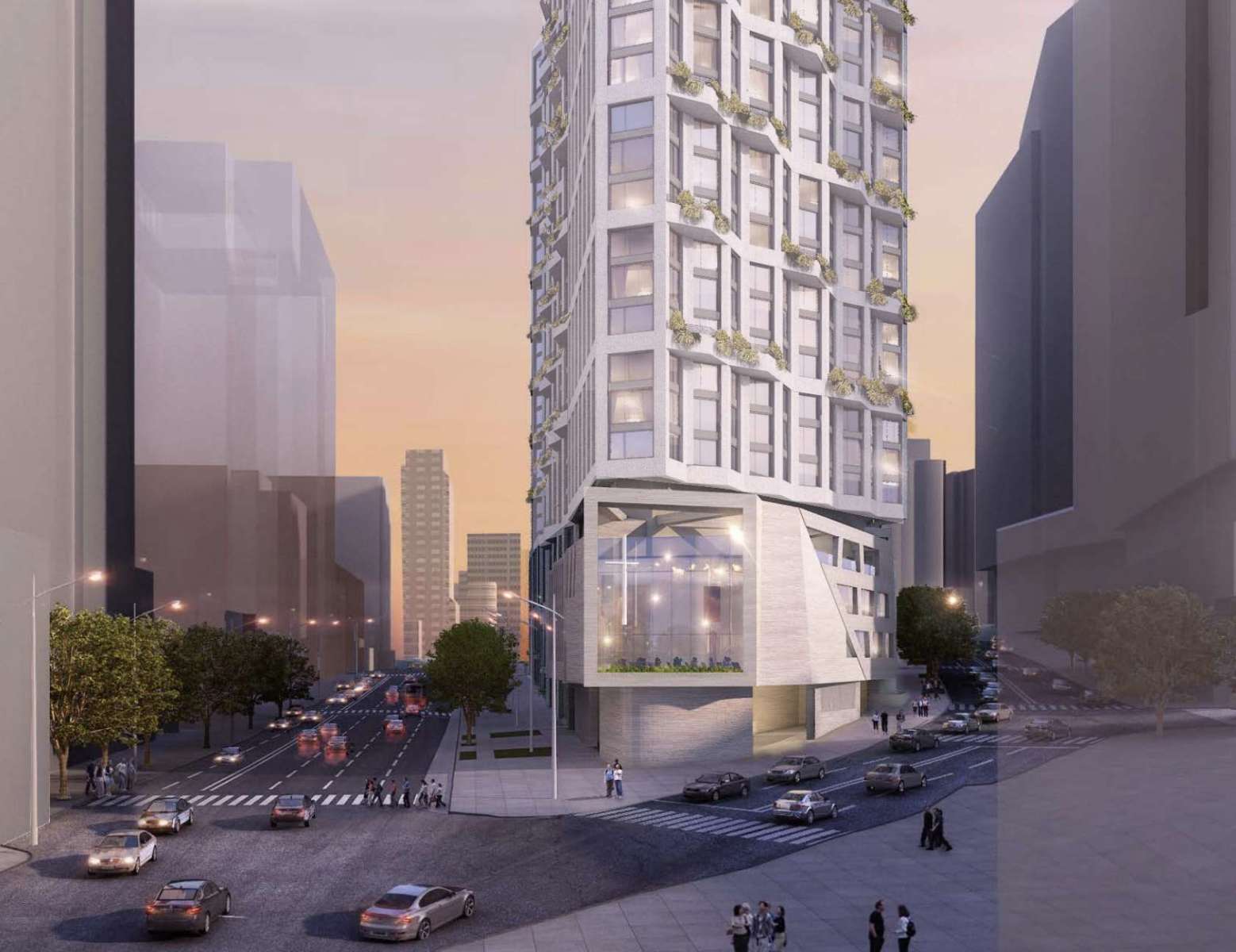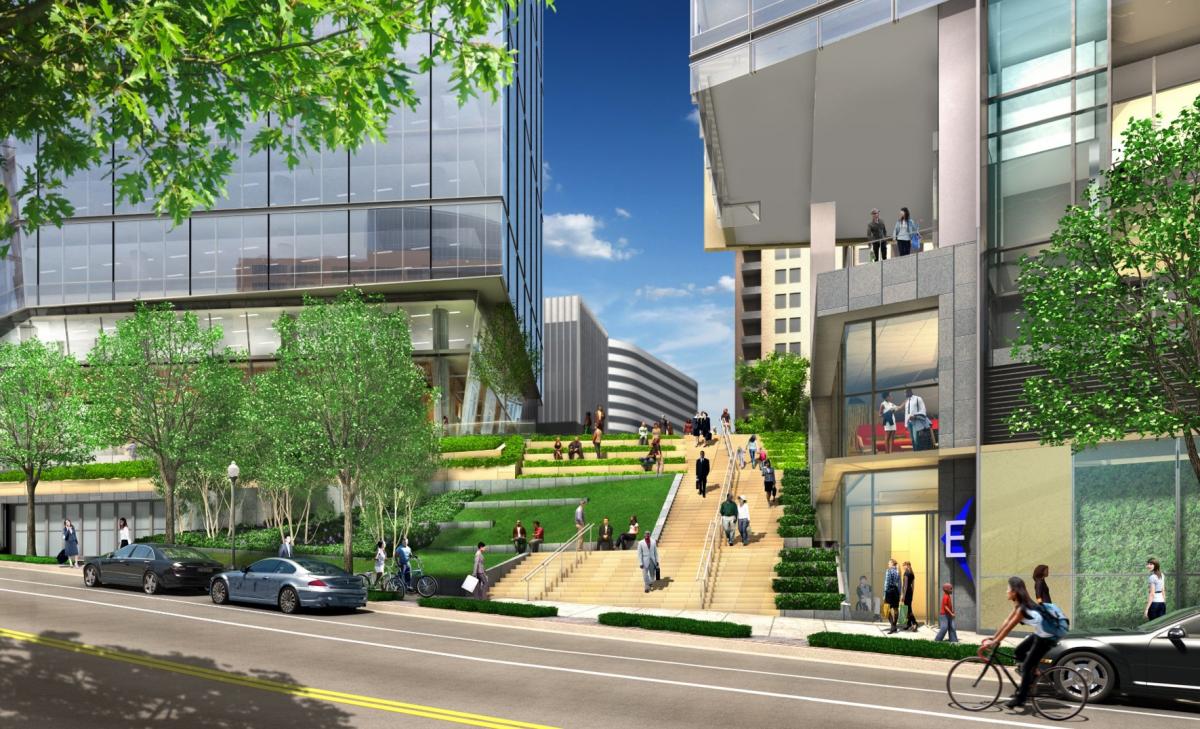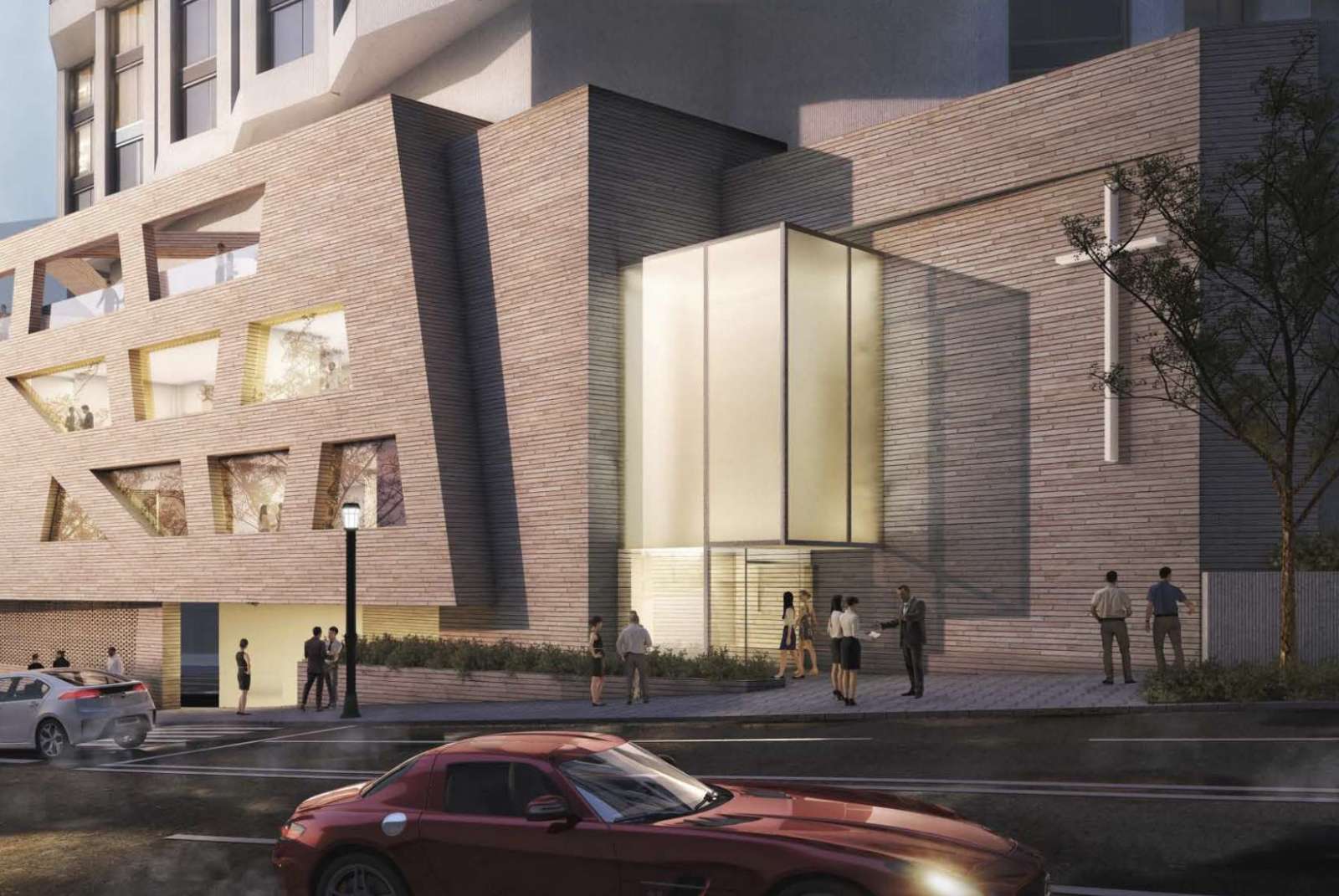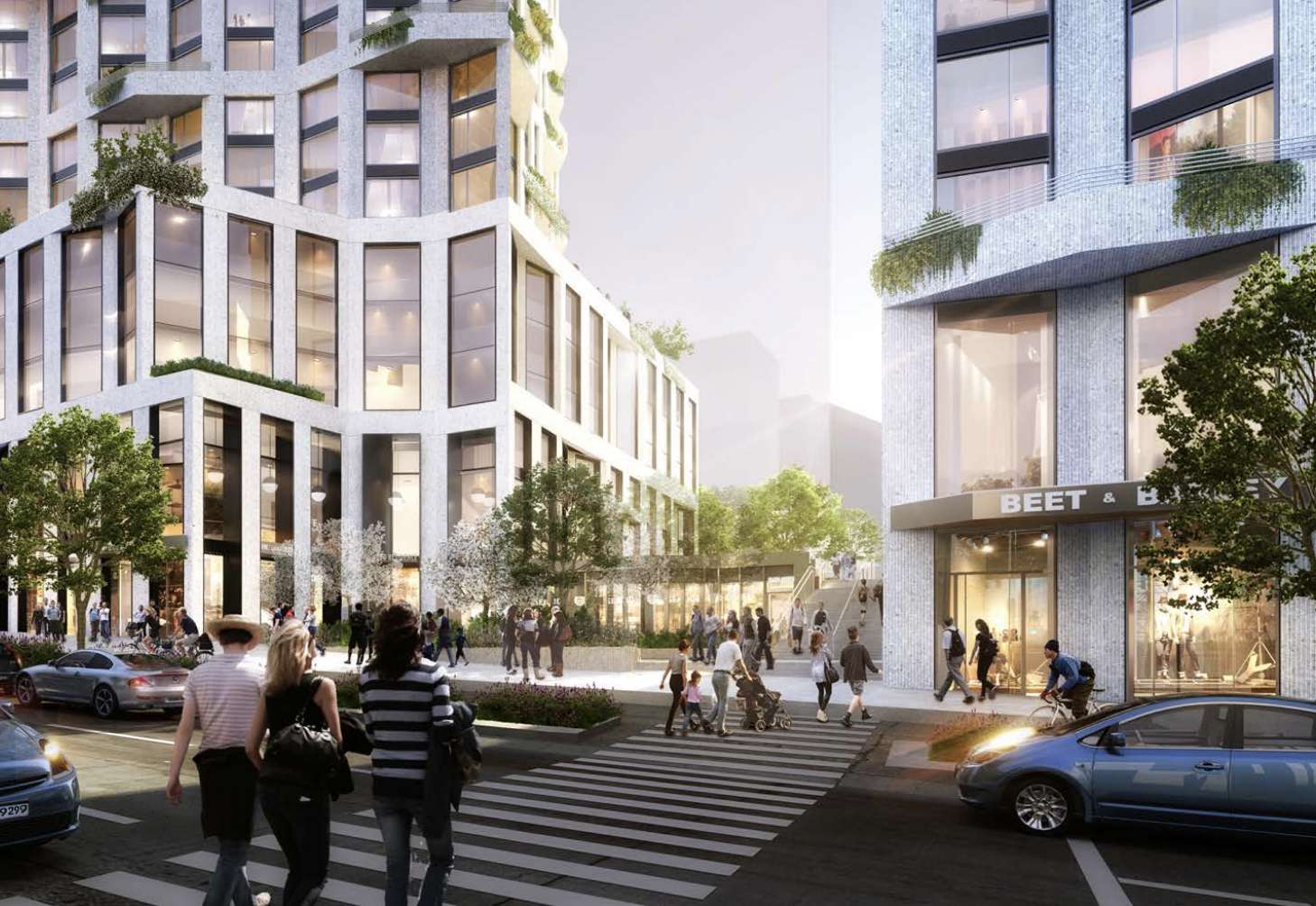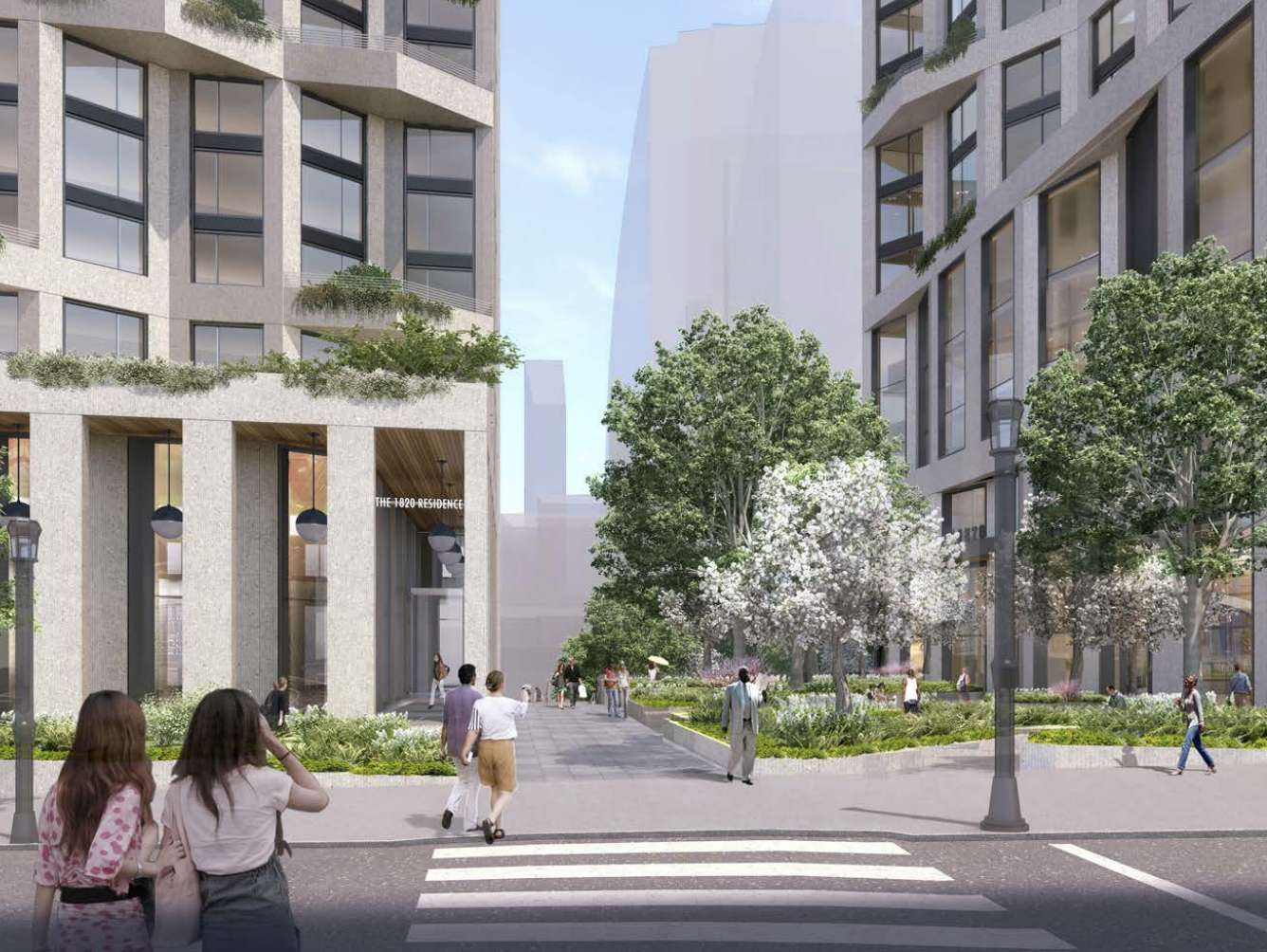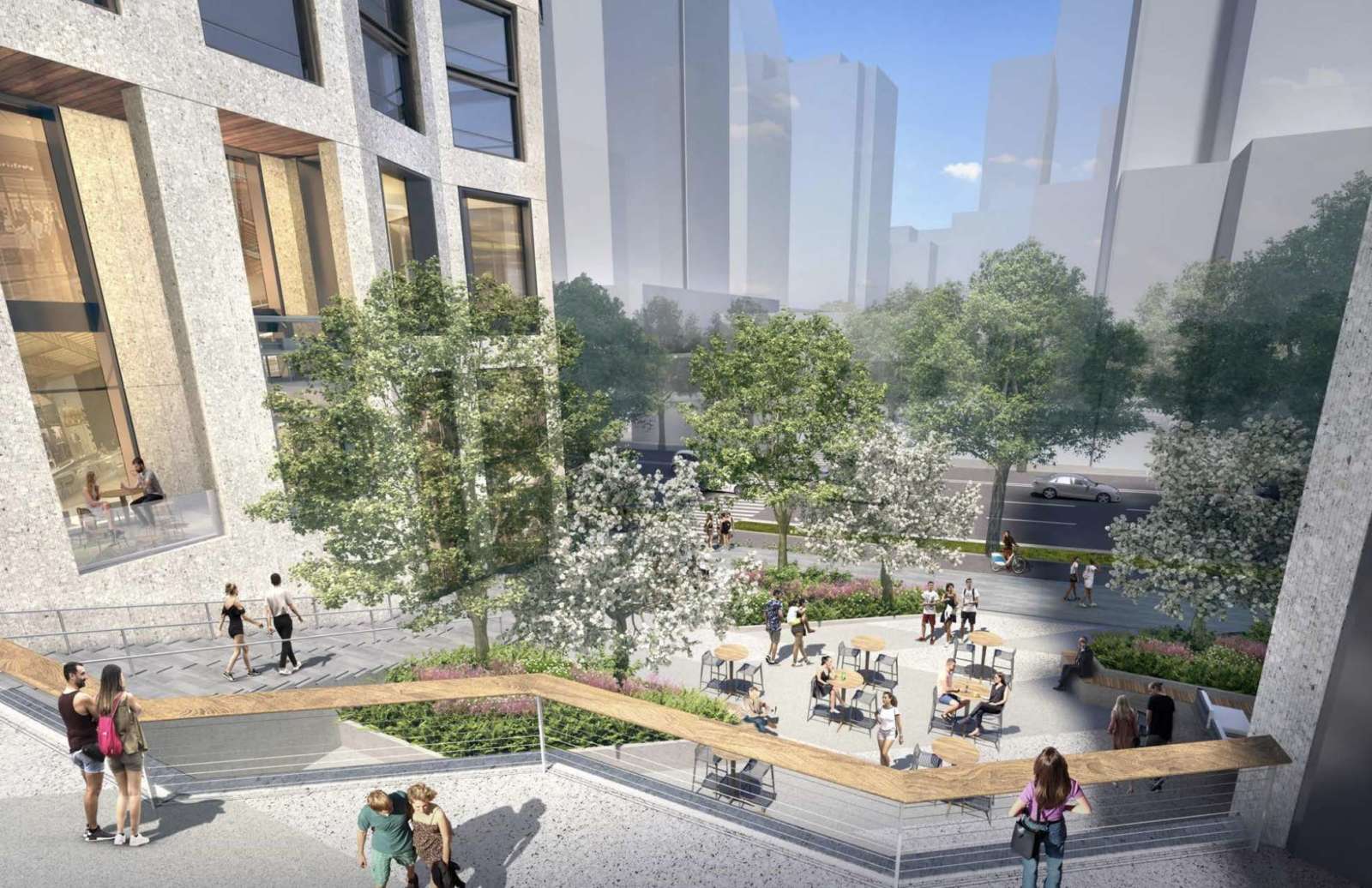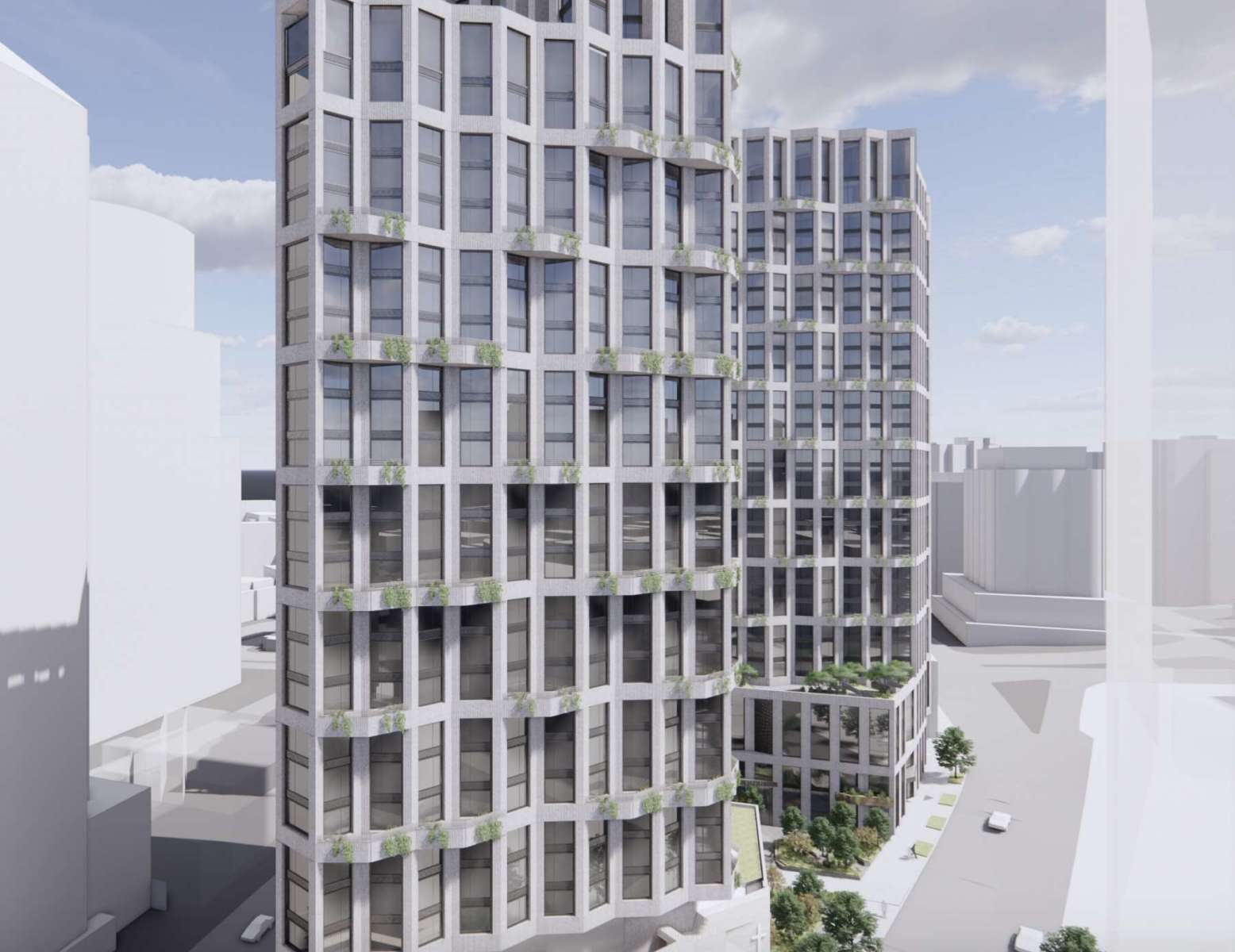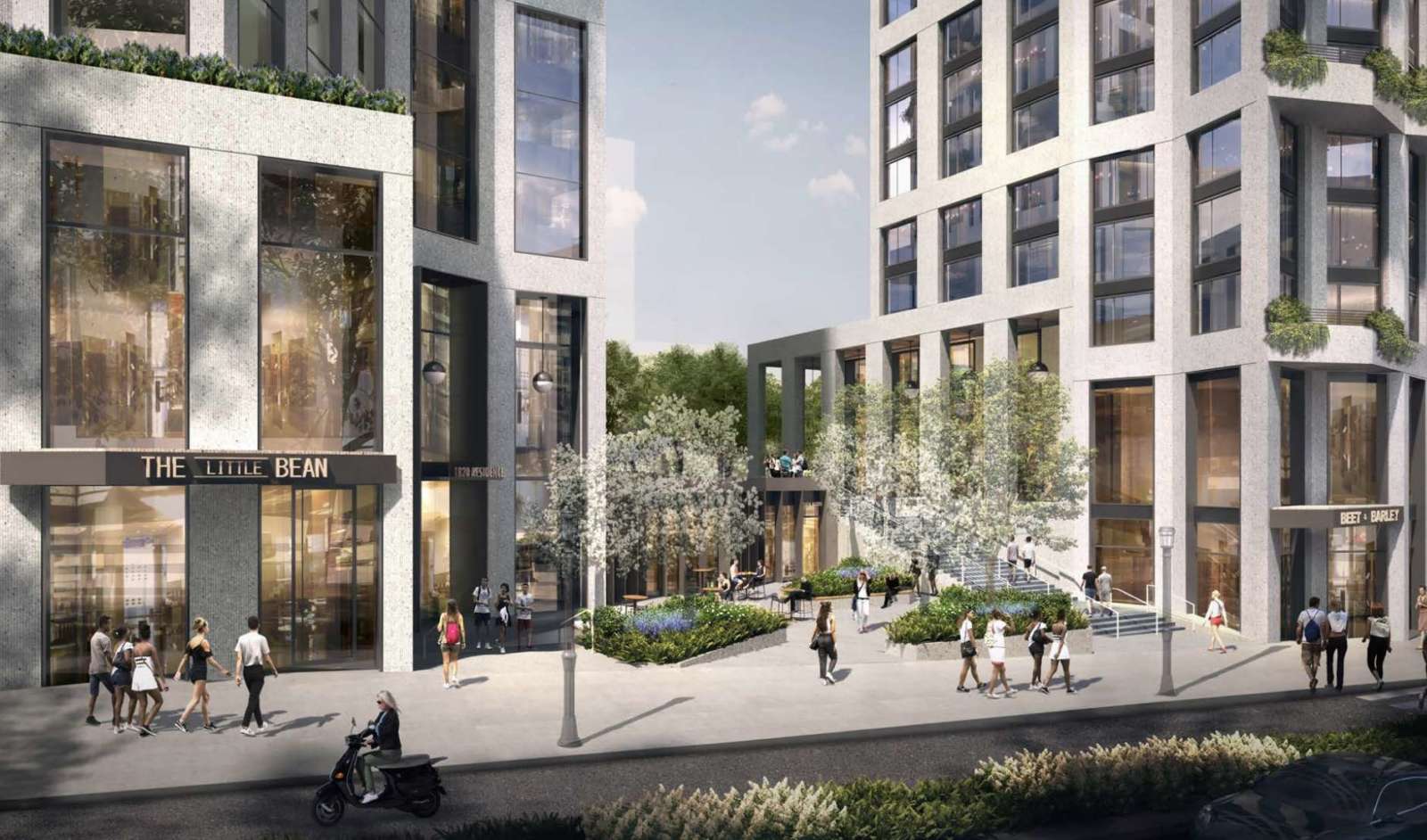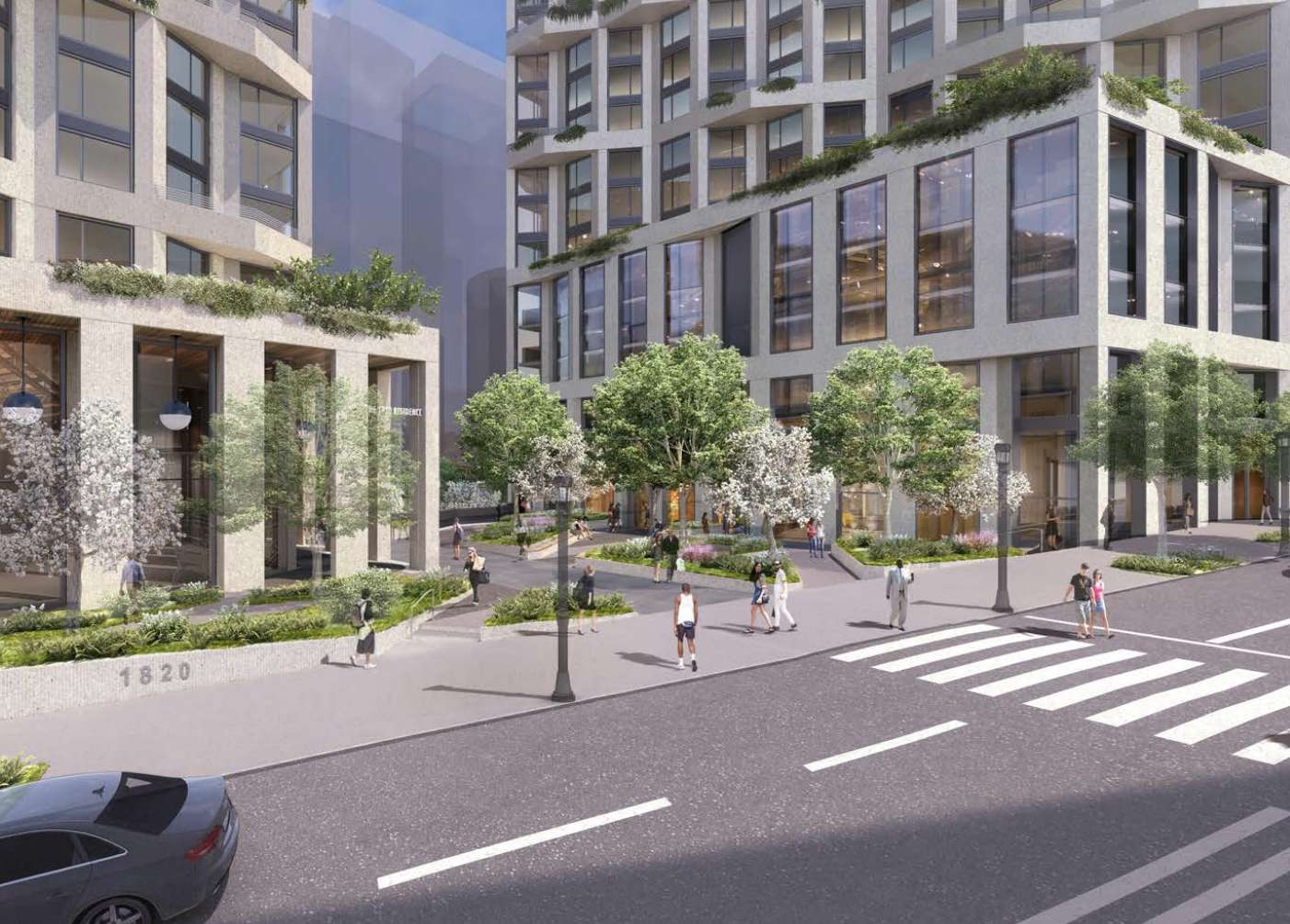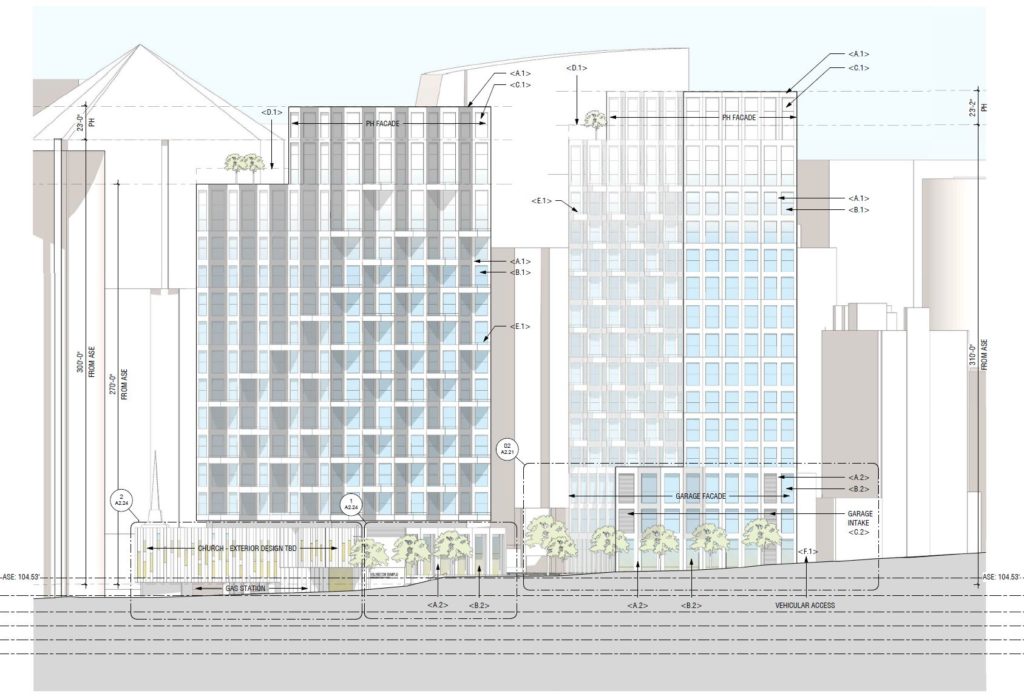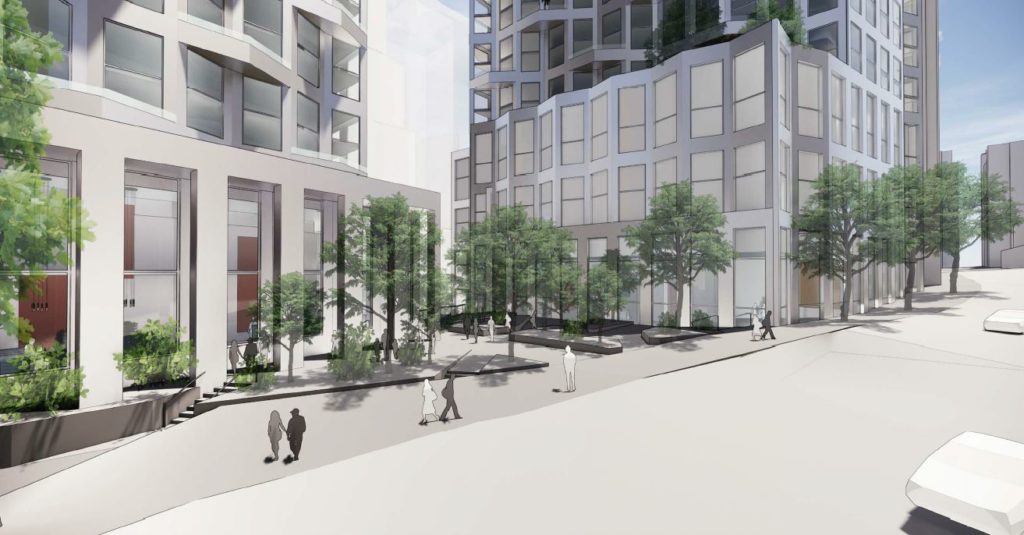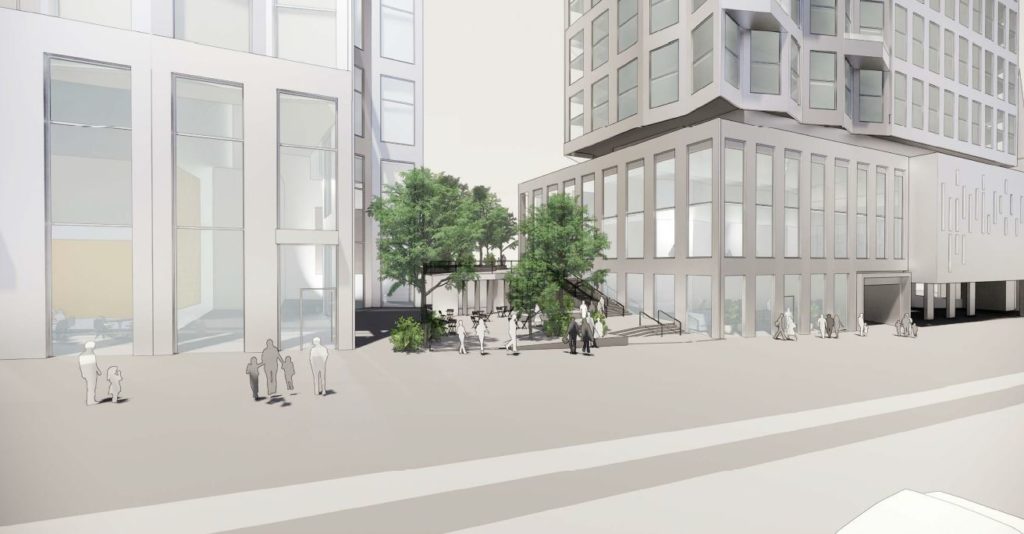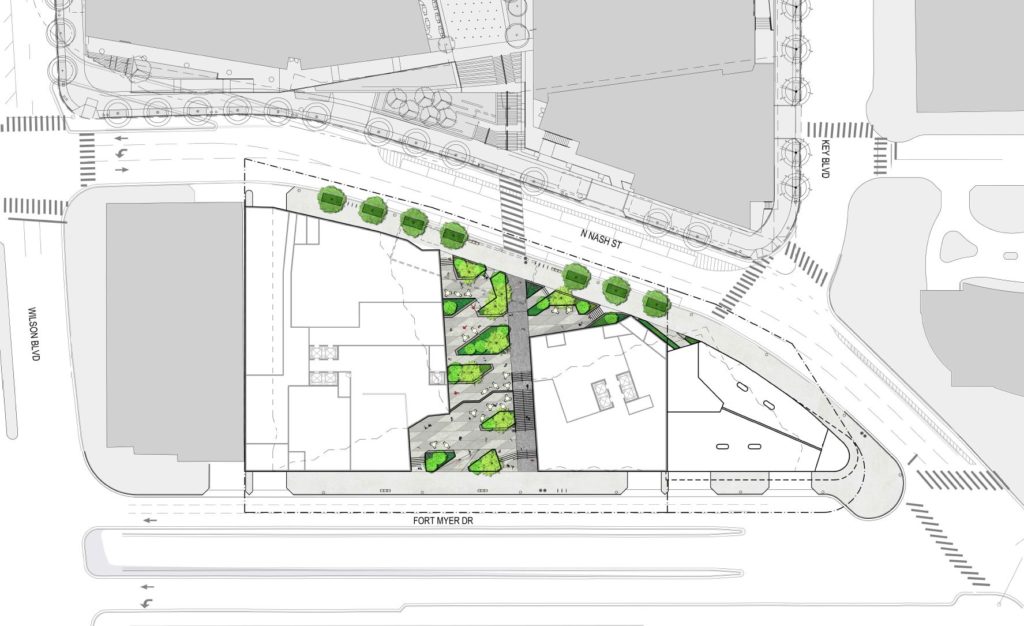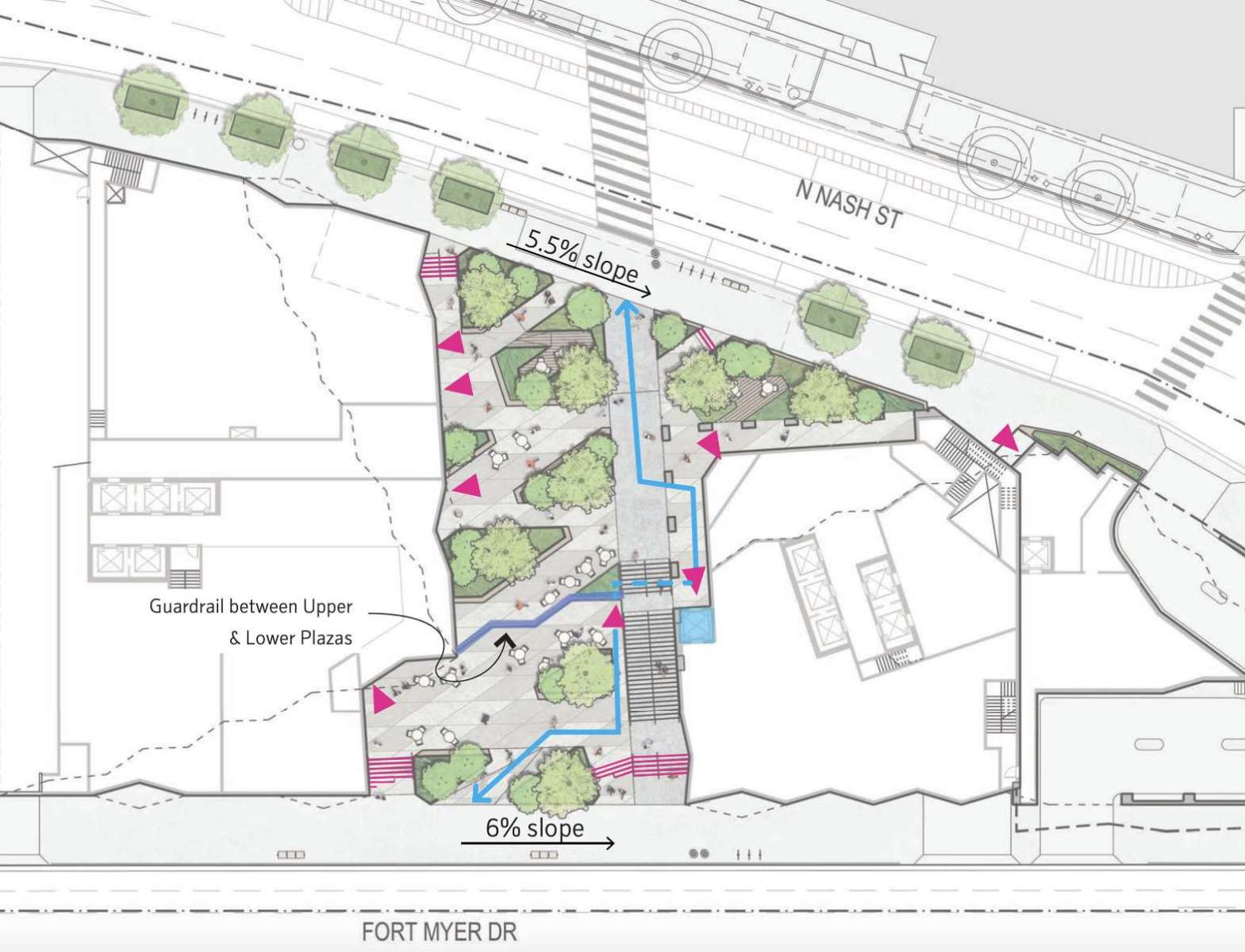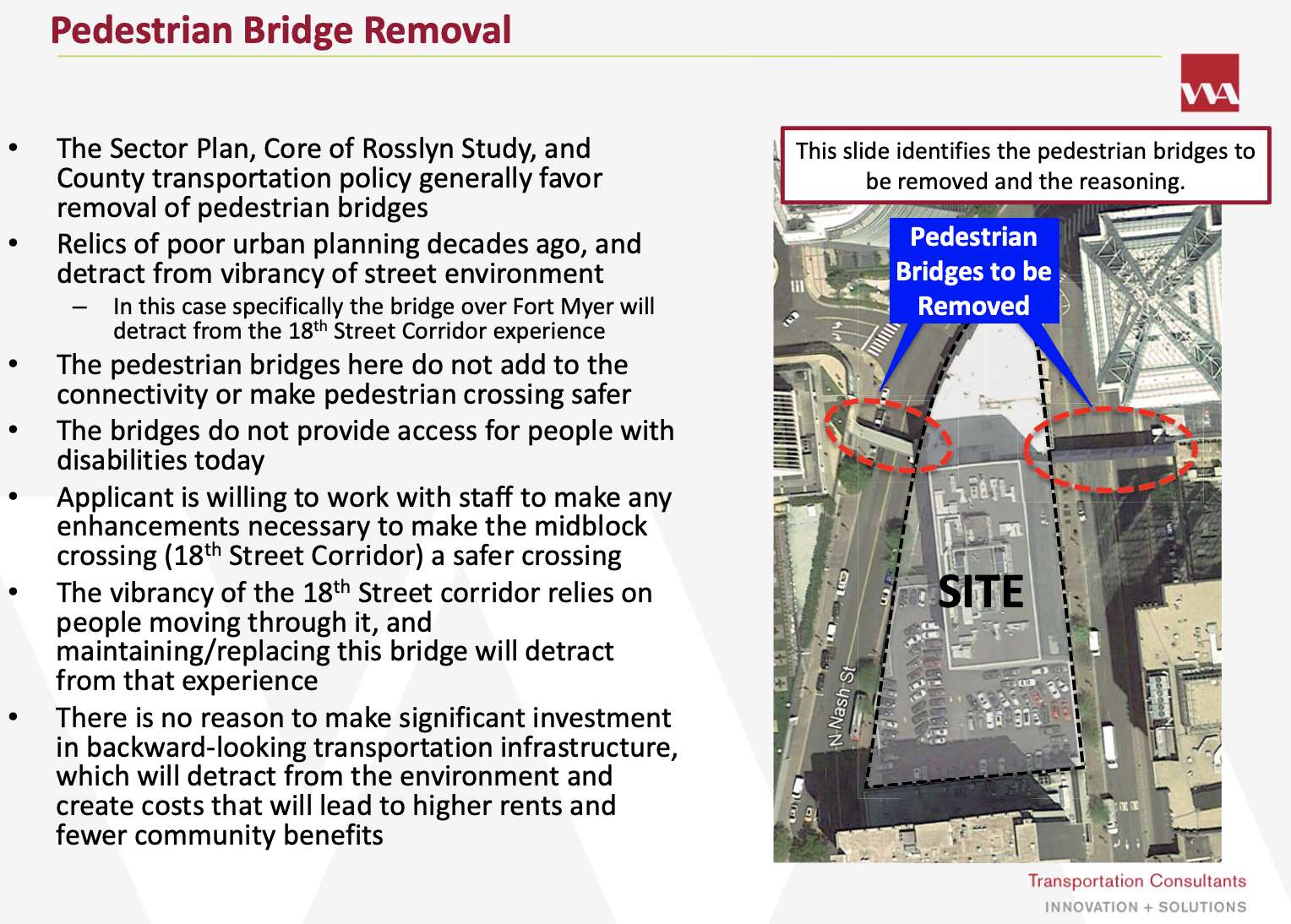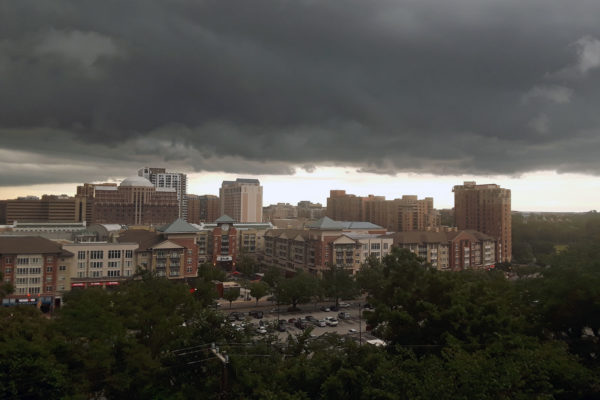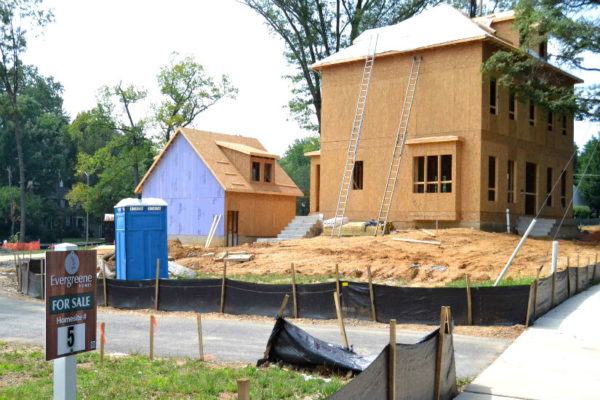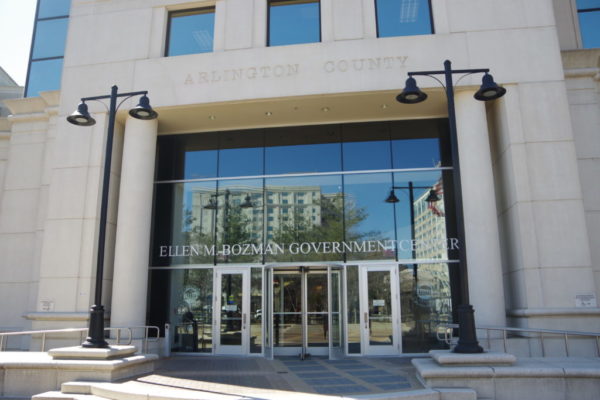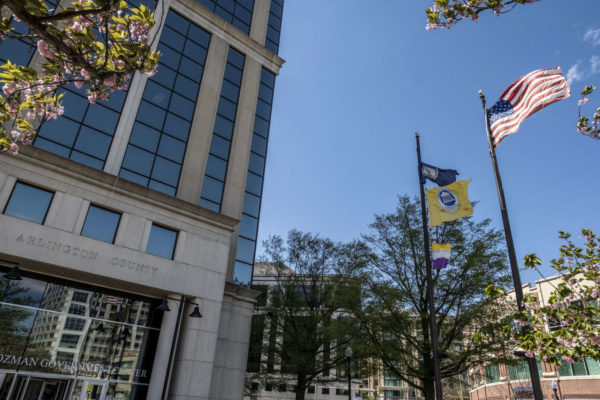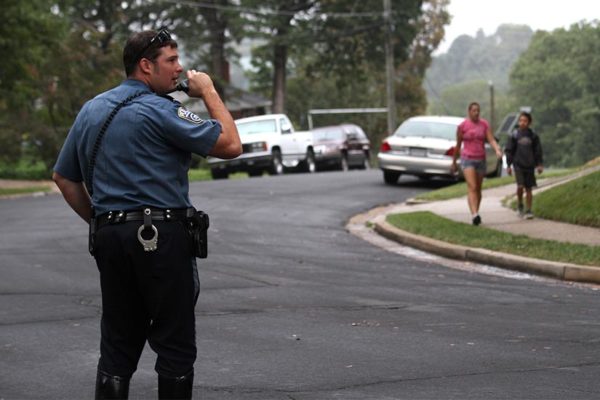
Amid a national protest movement calling for police reform, the Arlington County Police Department launched an effort to consider ways to further restrict public access to law enforcement radio communications.
Unlike D.C.’s Metropolitan Police Department, which encrypts all but one channel, Arlington’s police channels have been mostly open to public monitoring — by those with scanners or smartphone apps — with the exception of some devoted to sensitive operations. That may be about to change.
“A radio workgroup has been established to review our current practices to ensure they are aligned with procedures that protect the privacy of involved parties, ensure the integrity of operations and investigations, and reduce the unintentional disclosure of tactical information,” ACPD spokeswoman Ashley Savage tells ARLnow. The workgroup started its work in June.
“We regularly review our technology needs and the workgroup has been reviewing radio practices for about a month,” she said last week.
The workgroup’s existence had not been previously reported. The revelation comes after ARLnow — which monitors police and fire department frequencies — noticed several weeks ago that we were no longer able to hear radio traffic on ACPD 1B, a commonly-used channel.
Savage said that 1B has been encrypted “for years,” so it’s not clear how ARLnow had been previously able to monitor it with consumer radio equipment. Typical communications on the channel included brief updates on minor police incidents from officers in the field to supervisors.
ACPD 1A, the main police dispatch channel, is unencrypted, as is 1C, a channel typically used by officers to communicate with one another during more significant incidents.
In a statement sent to ARLnow, County Manager Mark Schwartz said that 1A will likely to remain open, but said “no final decisions have been made” about secondary channels.
We encrypt some secondary public safety radio communications to maintain the integrity of the investigation, ensure we don’t unintentionally share tactical information, and safeguard the privacy of those involved (including name, social security number, birth date, etc.). We regularly review our technology needs and practices to align with best practices. There is a regional plan to encrypt public safety (police, fire, EMS) operating channels. Several agencies in the region have already implemented encryption and everyone is moving in that direction. This review is unrelated to any current events involving law enforcement.
There is no plan to limit public access to the Police Department’s primary radio channel, 1A, where calls for service are dispatched to officers. Our Police Department remains committed to transparency and shares information related to criminal incidents through the Daily Crime Report, Online Crime Map, Open Data Portal and press releases. We also use Arlington Alert to provide emergency notifications in the event of a public safety threat to the community. The work group is evaluating which, if any, additional secondary channels may be encrypted; however, no final decisions have been made.
Late last year, Arlington County started disabling public traffic camera feeds during routine crashes and other incidents, similarly citing privacy concerns.
Scanners are mostly used by media outlets and hobbyists. While dispatch channels are useful for alerting media to significant incidents, it’s harder to suss out the routine incidents that may have news value without hearing updates from officers on scene via secondary channels. Also lost are things like road closures and small details that can be a jumping off point for other reporting.
ARLnow broke the story of ACPD officers assisting Park Police near the White House, for instance, in part because of scanner activity.
Concerns about operational security and personal privacy due to open police channels are addressed, at least in part, by current practices. ACPD currently has secure channels that cannot be monitored, private messages are often sent via the mobile computer system in every police cruiser, and officers will routinely arrange cell phone calls to relay sensitive information that is best not transmitted over the public airwaves.
ARLnow is not aware of any incident over the past 10 years in which a police operation in Arlington was disrupted as a result of someone using a police scanner.
(more…)


